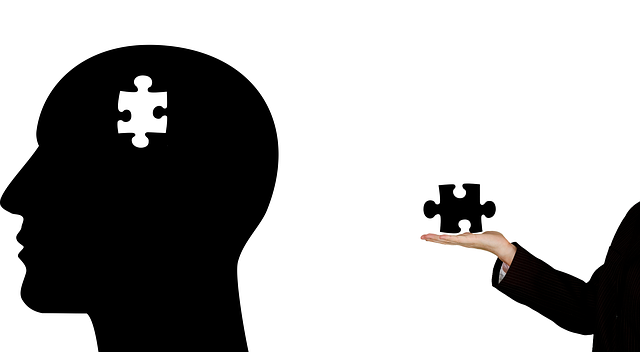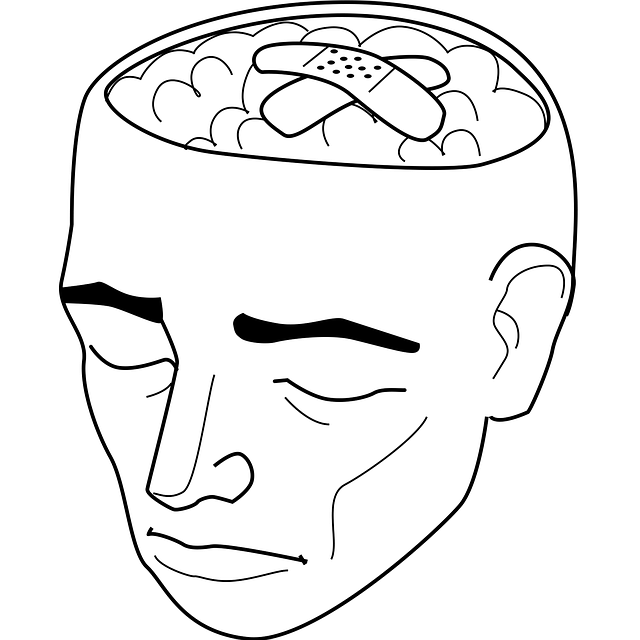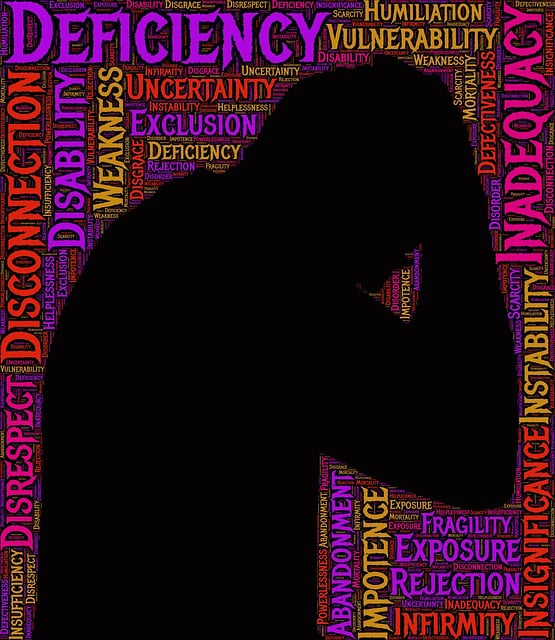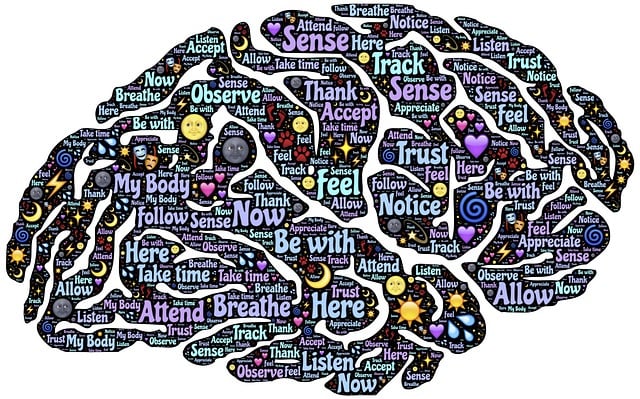In today's digital age, media plays a pivotal role in shaping public perception about mental health, especially anxiety relief and wellness. While it can destigmatize struggles through insightful narratives, exaggerated or simplistic portrayals fall short. To encourage early intervention for Highlands Ranch relationship issues therapy, media platforms must strive for diverse, accurate representations of mental illness experiences. Organizations like Stress Management Workshops challenge negative stereotypes by promoting accurate mental health representation, fostering empathy and informed decision-making. A collaborative approach involving media outlets, therapists, and community members is crucial to ensure accurate storytelling, reduce stigma, and improve access to supportive resources for Highlands Ranch Relationship Issues Therapy.
Mental illness representation in media is a critical topic that shapes public perception. This article explores the current state of mental health portrayal, delving into the impact of stereotypes and misinformation on society’s understanding. We present effective strategies to enhance positive depictions, focusing on how Highlands Ranch Relationship Issues Therapy can serve as a model for improving media representation. By encouraging collaboration between media outlets, professionals, and the community, we aim to foster more accurate and compassionate storytelling.
- Understanding Mental Illness Representation in Media: The Current State
- The Impact of Stereotypes and Misinformation on Society's Perception
- Effective Strategies to Enhance Positive Portrayals in Highlands Ranch Relationship Issues Therapy
- Encouraging Collaboration Between Media, Professionals, and Community for Better Solutions
Understanding Mental Illness Representation in Media: The Current State

In today’s digital age, media plays a pivotal role in shaping public perception about mental health, significantly influencing how society understands and addresses issues like anxiety relief and mental wellness. The current state of mental illness representation in media is a mixed bag—sometimes offering insightful narratives that encourage Highlands Ranch relationship issues therapy, and other times perpetuating harmful stereotypes.
Media platforms have the power to either destigmatize mental health struggles or reinforce societal biases. With the right storytelling, they can spark important conversations and foster empathy. However, many portrayals still rely on exaggerated or simplistic views of mental illness, leading to inaccurate representations. Public awareness campaigns development is crucial in ensuring media portrays a diverse range of experiences, thereby enhancing understanding and encouraging early intervention for those seeking anxiety relief.
The Impact of Stereotypes and Misinformation on Society's Perception

The media plays a significant role in shaping society’s understanding and perception of mental illness. Stereotypes and misinformation prevalent in popular culture can have detrimental effects on how individuals with psychological disorders are viewed and treated. Often, media portrayals reduce complex conditions to simplistic, one-dimensional characters or use sensationalized storylines that perpetuate harmful myths. This representation influences public opinion, including attitudes towards those seeking therapy for relationship issues in Highlands Ranch.
When mental health is depicted inaccurately, it can lead to stigma, discrimination, and a false sense of understanding. For instance, showing anxiety as merely a sign of weakness or depression as something that can be easily overcome without professional help (like attending therapy or practicing self-care) can hinder people from seeking appropriate support. Organizations like Stress Management Workshops aim to counteract these negative portrayals by promoting accurate representation and educating the public about mental health. By challenging stereotypes, they encourage empathy, compassion, and informed decision-making related to mood management and self-care practices.
Effective Strategies to Enhance Positive Portrayals in Highlands Ranch Relationship Issues Therapy

In the pursuit of enhancing positive representations of mental illness in media, particularly within the context of Highlands Ranch Relationship Issues Therapy, several effective strategies emerge. One powerful approach involves integrating Mental Wellness Journaling Exercise Guidance into therapeutic practices. By encouraging clients to document their emotions and experiences, therapists can facilitate self-reflection and promote healing. This process not only improves individual mental wellness but also offers rich material for more nuanced and authentic media portrayals.
Additionally, incorporating Stress Reduction Methods tailored to diverse populations can significantly benefit Highlands Ranch Relationship Issues Therapy sessions. Techniques such as mindfulness exercises and cognitive behavioral therapy (CBT) tools equip individuals with effective coping mechanisms. These methods not only address immediate concerns but also foster long-term resilience against mental health challenges, contributing to more balanced and hopeful media narratives. Furthermore, promoting access to Trauma Support Services within the community ensures that individuals experiencing trauma-related issues receive specialized care, leading to more positive outcomes and, consequently, fairer representations in media.
Encouraging Collaboration Between Media, Professionals, and Community for Better Solutions

In addressing mental illness representation in media, a collaborative approach is paramount for developing effective challenge solutions. Media outlets, professionals like those offering Highlands Ranch relationship issues therapy, and community members must come together to foster accurate and empathetic storytelling. By sharing expertise and insights, these groups can ensure that narratives not only entertain but also educate the public about various mental health conditions. Encouraging open dialogue allows for the exploration of complex topics, promotes understanding, and reduces stigma, ultimately leading to better support systems and resources.
Collaboration facilitates the implementation of proven strategies such as communication techniques that foster empathy and conflict resolution methods that model healthy interactions. Moreover, it enables initiatives aimed at self-esteem improvement, crucial aspects in promoting mental well-being. Through collective efforts, these stakeholders can shape a media landscape that reflects reality while inspiring positive change, ensuring that everyone involved has access to accurate information and supportive resources.
Media representation of mental illness plays a pivotal role in shaping societal perceptions. By challenging stereotypes and misinformation through collaborative efforts between media outlets, healthcare professionals, and community organizations, we can foster more accurate and positive portrayals. Implementing effective strategies, such as those seen in Highlands Ranch Relationship Issues Therapy, encourages inclusive narratives that reduce stigma and promote understanding. Through these collective actions, we move towards a more compassionate society where mental health is openly discussed and supported.














